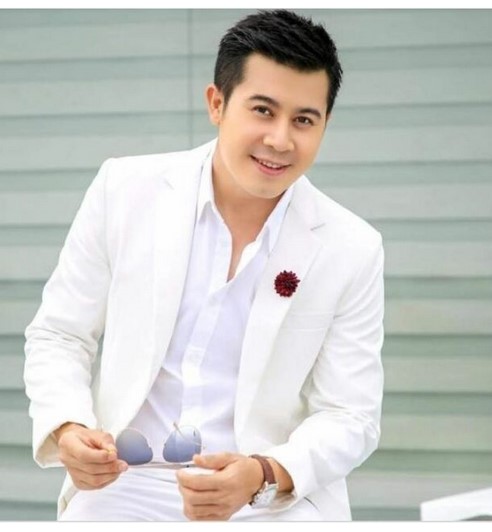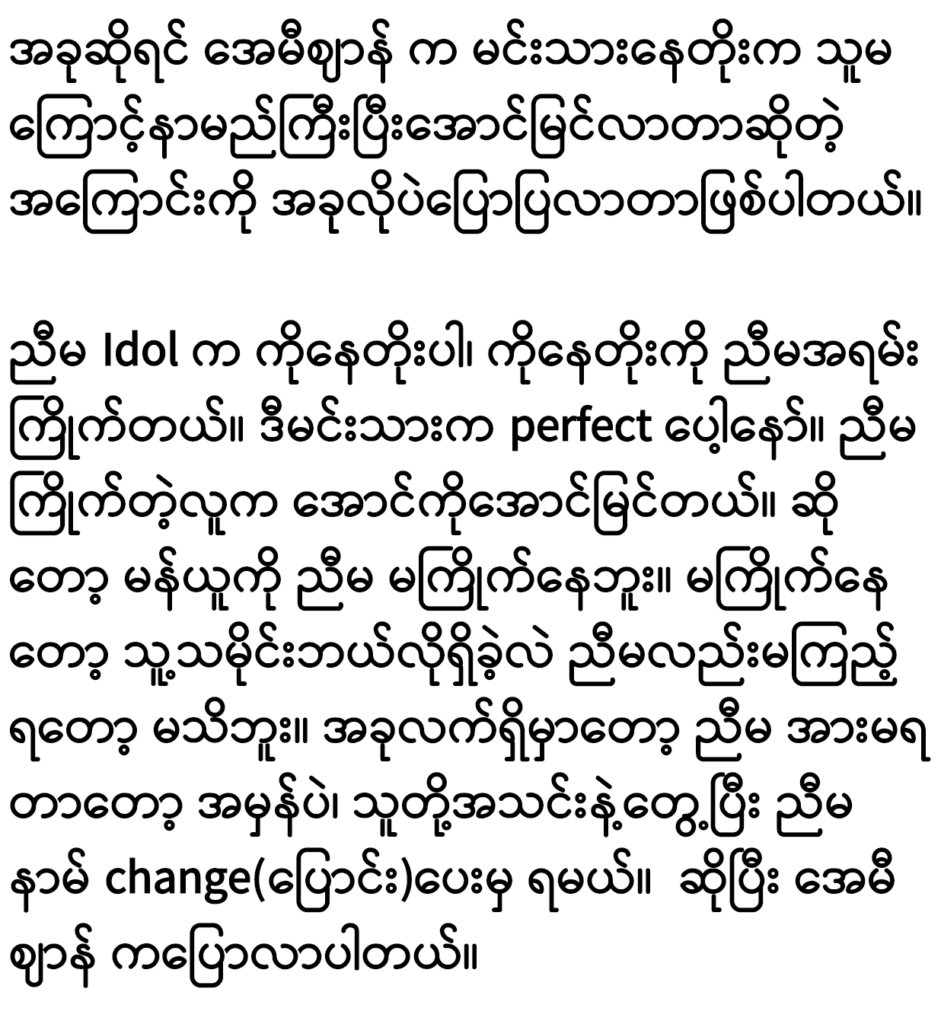










Robusta, Liberica and Arabica
What espresso do you develop and process?
Teddy: I develop generally Robusta yet additionally Liberica and Arabica. At the point when I initially met Thomas, a long while back now, we began to cooperate on various types of espresso. At that point, I was just developing Robusta.
I was following what the more established age of espresso ranchers was doing, which was not to blend species on the grounds that Liberica was not perceived by the market and nobody would get it. Notwithstanding, I began establishing Liberica. And afterward, thanks to a limited extent to a task in a joint effort with World Espresso Exploration, I likewise began establishing a tad of Arabica. I’m anticipating my most memorable collect one year from now. It’s a curiosity in Negros Occidental.
Thomas: The domestic market is still dominated by Robusta-based instant coffee, as locally produced coffee lacked quality standards and primarily entered the “commodity coffee” stream until relatively recently.
Nonetheless, espresso has since become extremely “hip” and mindfulness around fine Robusta is developing such a lot of that we currently have quality rivalries for it. Things are changing, and the work with the Espresso Alliance is opportune on the grounds that we don’t need to zero in on the “upside” part, yet in addition on the “clean” (assuming how espresso is delivered regards the climate around it) and “fair” (assuming that crafted by makers is regarded).
Objectives and Activities: Coffee drying beds What goals and activities are you pursuing as the Coffee Coalition?
Teddy: to use openness to advocate for fair, good, and clean coffee. By involving more and more manufacturers in the Participatory Guarantee System (PGS), we accomplish this. With the PGS, we fill in as a local area and include various players like nearby baristas, roasters, brokers, graders and so on. We need to show however expansive a public as conceivable our buckle down it could be.
Thomas: One more enormous task for us is the “Espresso Trails.” As part of a travel experience to the region, this entails taking people to coffee farms to see how coffee is made, learn about farm life, and learn about the economic impact on farmers. For quite a while, espresso — and particularly Robusta — has been just about the cost, treated as an unadulterated product.
In any case, espresso has names and faces. With Espresso Trails we had the option to create a great deal of mindfulness. Presently individuals find out about espresso from Minoyan; we had support from the public authority for this task, travel services are carrying global guests to partake in the Paths and a lot more individuals can see the value in the nature of the espresso. This for us is a remarkable outcome.